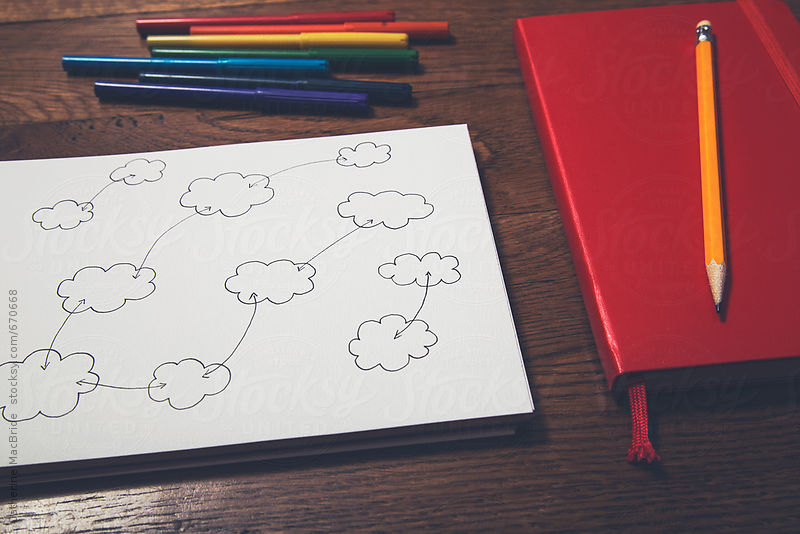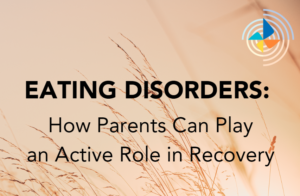Binge Eating Disorder
Binge eating disorder (BED) affects how you eat and how you feel. People with BED eat a large amount of food in a short time. They say they feel “out of control” during a binge. They also may eat alone, or eat very quickly or when they are not hungry. BED is different from bulimia nervosa because people who binge do not purge or try to get rid of the calories they have just eaten. Sometimes binge eating is called compulsive eating. People with BED binge regularly, at least once per week. They also experience distress about their binge eating.
Common complications of binge-eating disorder include:
- mood swings, depression, anxiety
- irritable
- high blood pressure or cholesterol
- weight gain
- joint pain
People with BED may binge eat when they are feeling bad about themselves. They may eat when they feel lonely, bored, anxious, or depressed. They may eat when they are having personal problems or problems with others. During a binge, the person cannot control how much they eat. They may feel comforted for a short while, but after eating, they often feel upset, out of control, guilty, or unattractive.
Resource List
- Binge Eating Disorder: Information for Teens ( English )



